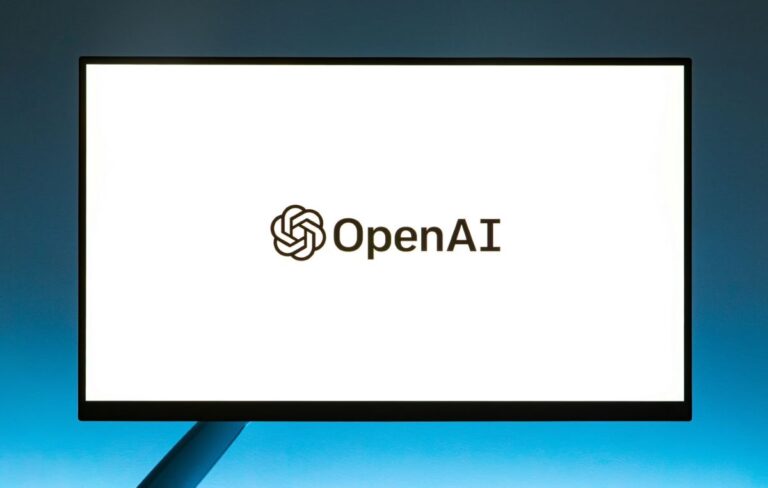Imagine a world where traditional rules no longer apply because the stakes are too high. This is the realm of OpenAI, where the trajectory of artificial intelligence is already set, whether the public agrees or not.
Table of Contents
The case of Scarlett Johansson and OpenAI
American actress Scarlett Johansson’s lawyers recently revealed that OpenAI CEO Sam Altman approached her nine months ago to license her voice for a new digital assistant.
Despite her refusal, just days before launching the GPT-4o system, Altman allegedly urged her to reconsider. Nevertheless, OpenAI introduced Sky, a digital assistant with a voice strikingly similar to Johansson’s, and a name that phonetically resembles Scarlett.
Altman’s response to the accusations of cloning Johansson’s voice was ambiguous. He denied any cloning but stated he would remove Sky’s voice “out of respect” for the actress. This irony underscores the controversy.
The vision of OpenAI
The Johansson-OpenAI conflict highlights the mentality driving generative AI development: technology built on data collected without consent, justified by a supposed greater good.
OpenAI’s goal is to create an AGI (Artificial General Intelligence) that promises unprecedented productivity and prosperity, envisioning a utopia where work is replaced by universal basic income, and humanity achieves significant scientific and medical advancements.
Alternatively, a dystopian view sees machines potentially ending life as we know it, placing us in a precarious middle ground.
In this narrative, the stakes justify any means to accelerate progress. Altman has described AI development as a geopolitical race against autocracies like China, arguing it is better to support OpenAI than authoritarian regimes.
Content licensing and control
This dynamic extends to OpenAI’s content licensing agreements with platforms like Reddit and publishing groups. One tech executive likened it to a hostage situation: AI companies will exploit publishers’ websites regardless of cooperation. Hence, accepting minimal compensation now seems prudent.
Johansson’s accusations reinforce these concerns. Altman’s alleged reasoning for wanting her voice was that its familiarity might comfort users uneasy about AI assistants. This wasn’t about aesthetics but about making AI more palatable—a recruitment tool for a technology many distrust.
The hubris of Generative AI
The development of transformative technology inherently involves a degree of hubris and entitlement. Innovators must believe in their vision to bring it to life, asking society to adapt. Generative AI amplifies this dynamic, embodying a manifest destiny mentality of domination and conquest.
But is this the future we want? A world where a few tech companies unilaterally decide to reshape society, ignoring consensus, copyright, and privacy in pursuit of an unproven singularity? This question remains crucial as we navigate the evolving landscape of AI.
Read also: OpenAI triples its value and reaches the astronomical price of 80 billion dollars












